U.S.-Iran Nuclear Talks: Stalemate On Key Issues
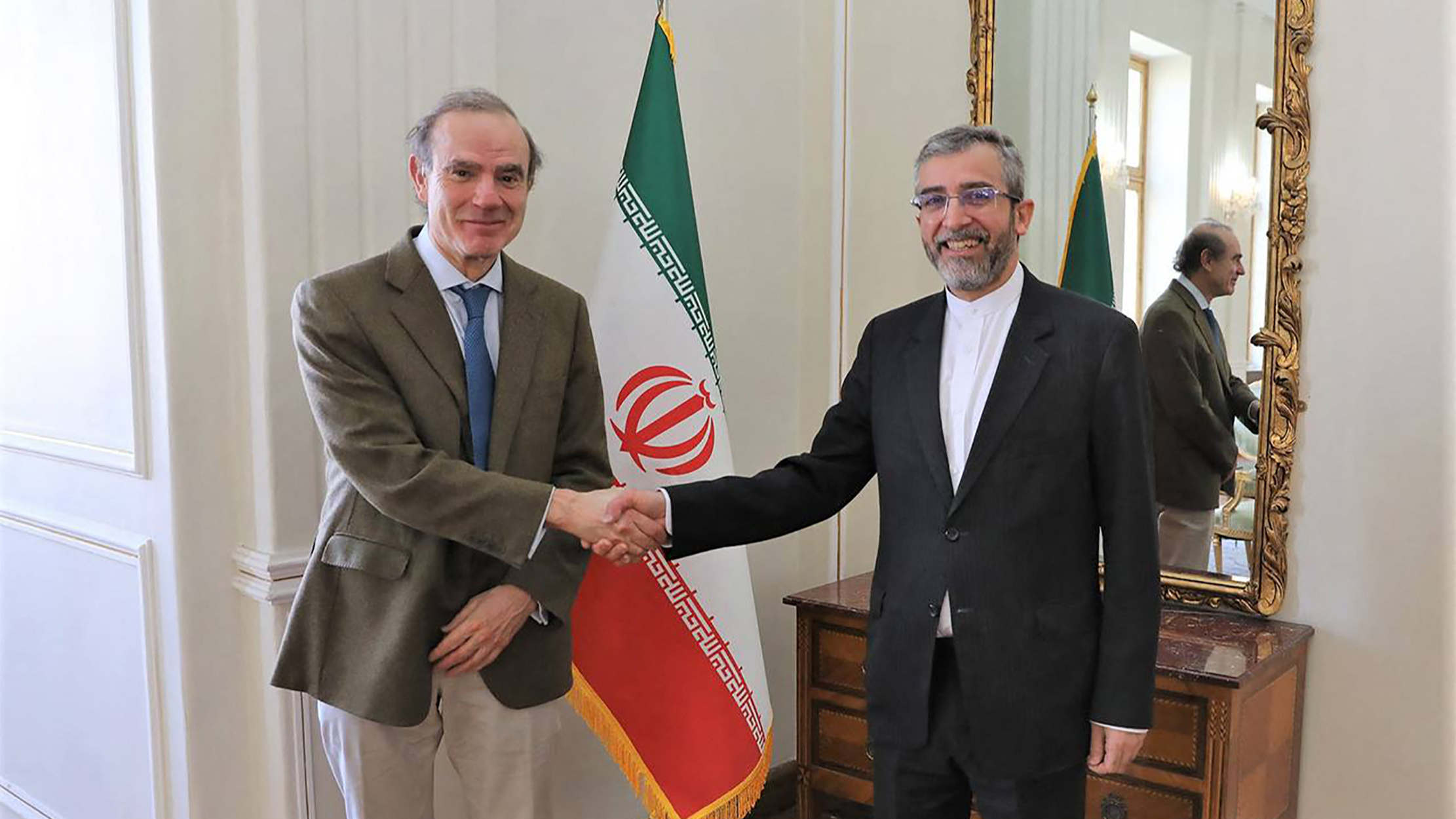
Table of Contents
Sanctions Relief and Verification
A central point of contention in the U.S.-Iran nuclear talks revolves around sanctions relief and verification mechanisms. These two issues are inextricably linked, with Iran's willingness to curtail its nuclear program contingent upon the lifting of sanctions, and the U.S. demanding robust verification measures to ensure compliance.
The Scope of Sanctions Lifting
Iran insists on the complete and immediate lifting of all U.S. and international sanctions imposed since 2018, when the U.S. unilaterally withdrew from the JCPOA. This includes:
- Oil export sanctions: These sanctions severely crippled Iran's oil revenue, a major source of its national income. Iran views the complete removal of these sanctions as non-negotiable.
- Financial sanctions: These sanctions restrict Iran's access to the international banking system, limiting its ability to engage in international trade and investment. Iran argues these sanctions are crippling its economy and harming its citizens.
- Other sanctions targeting specific sectors: Sanctions also target Iran's shipping, shipbuilding, and other key industries. These sanctions are viewed by Iran as a comprehensive attempt to economically strangle the nation.
The U.S., however, advocates for a phased approach to sanctions lifting, conditioned on verifiable steps by Iran to roll back its nuclear program. U.S. concerns include:
- Verification challenges: The U.S. wants assurances that Iran will not use sanctions relief to secretly advance its nuclear program.
- Potential for sanctions reimposition: The U.S. wants the ability to reimpose sanctions if Iran violates the agreement. This is a major point of contention.
Verification Mechanisms
The establishment of effective verification mechanisms is another major hurdle. The International Atomic Energy Agency (IAEA) plays a crucial role, but disagreements persist over the extent of IAEA access to Iranian nuclear sites and facilities.
Iran's concerns include:
- Intrusive inspections: Iran worries that excessive inspections could compromise its national security and sensitive technological information.
- Lack of trust: Years of mistrust and sanctions have eroded confidence, making it difficult for Iran to fully cooperate with international verification efforts.
The U.S. and its allies, however, demand:
- Comprehensive access: They insist on unrestricted access to all Iranian nuclear sites and facilities to ensure complete transparency.
- Real-time monitoring: The U.S. wants to ensure continuous monitoring of Iran's nuclear activities to prevent any clandestine enrichment.
Iran's Nuclear Program Advancements
Since the collapse of the JCPOA, Iran has significantly advanced its nuclear program, exceeding the limits set by the 2015 agreement. This advancement complicates the current negotiations and raises concerns about Iran's potential to develop nuclear weapons.
Enrichment Levels and Stockpiles
Iran has significantly increased both its uranium enrichment levels and stockpiles.
- Enrichment levels: Iran is enriching uranium to levels far beyond those permitted under the JCPOA, bringing it closer to weapons-grade levels.
- Stockpiles: Iran possesses significantly larger stockpiles of enriched uranium than allowed under the previous agreement.
Iran justifies these advancements as a response to the U.S.'s withdrawal from the JCPOA and the continued imposition of sanctions, arguing it needs to protect its national interests.
Advanced Centrifuges
Iran has also developed and deployed advanced centrifuges, capable of enriching uranium far more rapidly than the older generation of centrifuges used previously.
- Technological advancements: These advanced centrifuges represent a significant technological leap, enhancing Iran's enrichment capabilities exponentially.
- Implications for weaponization: The faster enrichment rate raises concerns about a shorter timeframe for Iran to produce a nuclear weapon if it chooses to do so.
The U.S. and the international community view these advancements with deep concern, fearing they could bring Iran closer to acquiring nuclear weapons.
Regional Security Concerns and Proxies
The U.S.-Iran nuclear talks are also intertwined with broader regional security concerns. Iran's support for regional proxies and its involvement in various conflicts significantly influence the dynamics of the negotiations.
Iranian-backed Militias
Iran's support for various militia groups across the region, such as Hezbollah in Lebanon, Houthis in Yemen, and various Shia militias in Iraq and Syria, destabilizes the region and raises concerns for the U.S. and its allies.
- Regional instability: These groups are involved in conflicts that threaten regional stability and international security.
- Negotiating leverage: Iran may use its proxies as leverage in negotiations, linking concessions on its nuclear program to de-escalation in regional conflicts.
Regional Rivalries
Regional rivalries between Iran and other powers, such as Saudi Arabia and Israel, further complicate the situation.
- Saudi Arabia's concerns: Saudi Arabia is deeply concerned about Iran's growing influence in the region and its nuclear ambitions.
- Israel's position: Israel views Iran's nuclear program as an existential threat and has expressed strong opposition to any agreement that does not fully dismantle it.
These regional dynamics heavily influence the U.S.-Iran nuclear talks and the ultimate prospects for a successful agreement.
Conclusion
The U.S.-Iran nuclear talks are at a critical juncture. The disagreements over sanctions relief, verification mechanisms, Iran's nuclear advancements, and regional security concerns create a complex and challenging landscape. A successful revival of the JCPOA or a new agreement requires substantial compromises from both sides, prioritizing diplomacy and de-escalation. Continued engagement and a renewed commitment to finding common ground are crucial for overcoming the challenges inherent in these complex U.S.-Iran nuclear talks. The future of regional stability hinges on a successful resolution, and continued close monitoring of these U.S.-Iran nuclear talks is vital. We must strive for a diplomatic solution to prevent further escalation and ensure regional peace.

Featured Posts
-
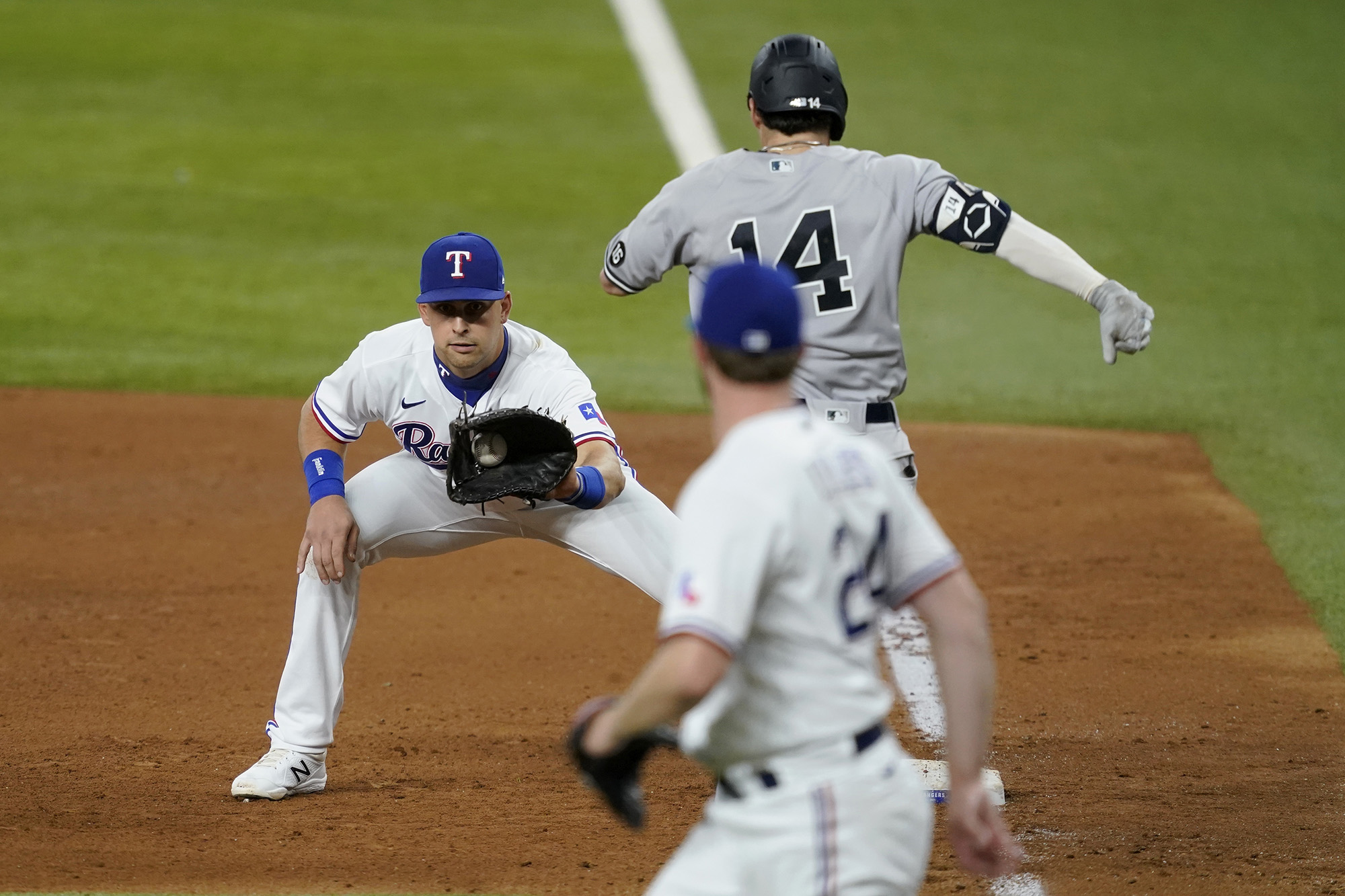 Yankees Rally Past Opponent Rodon Shuts Down Opponent S Offense
Apr 28, 2025
Yankees Rally Past Opponent Rodon Shuts Down Opponent S Offense
Apr 28, 2025 -
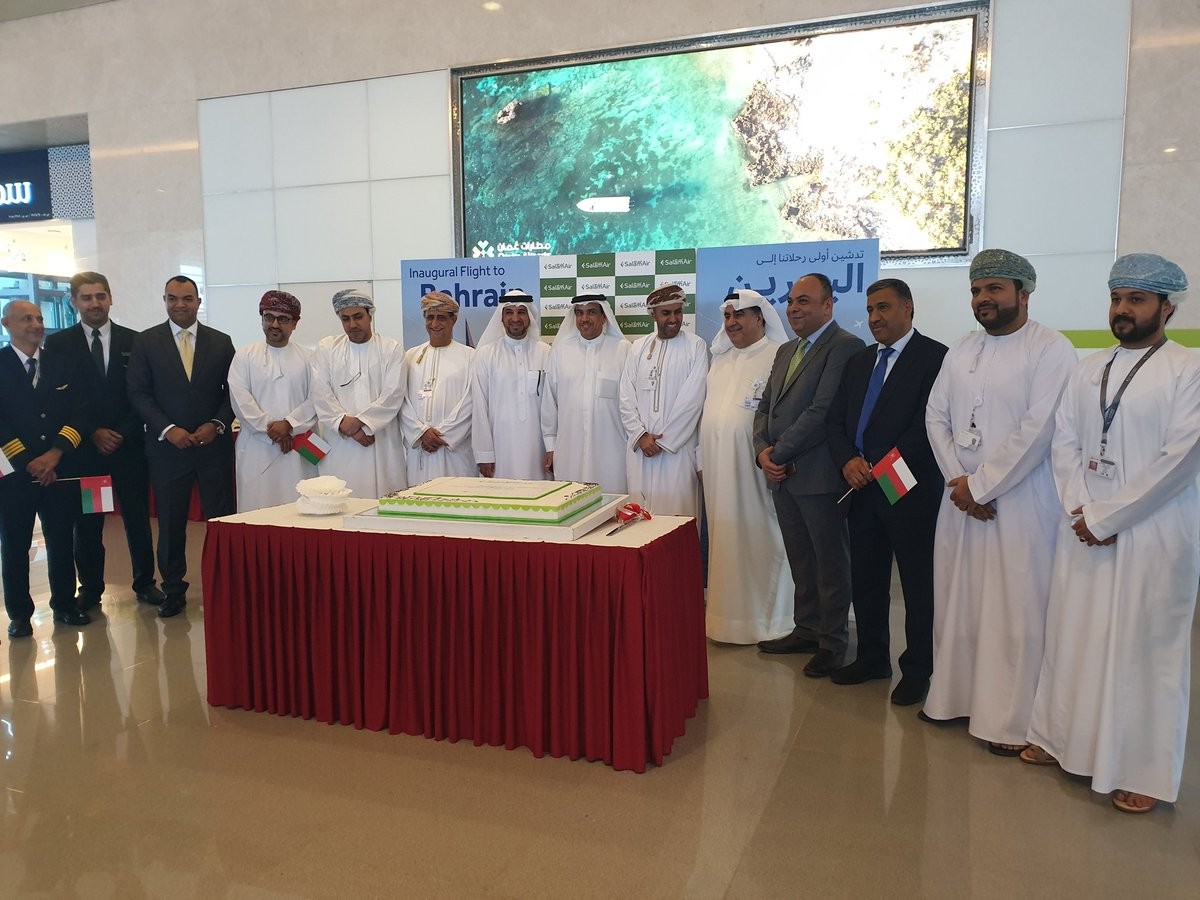 Abwzby Kazakhstan Tyran Alerbyt Ydyf Wjht Jdydt
Apr 28, 2025
Abwzby Kazakhstan Tyran Alerbyt Ydyf Wjht Jdydt
Apr 28, 2025 -
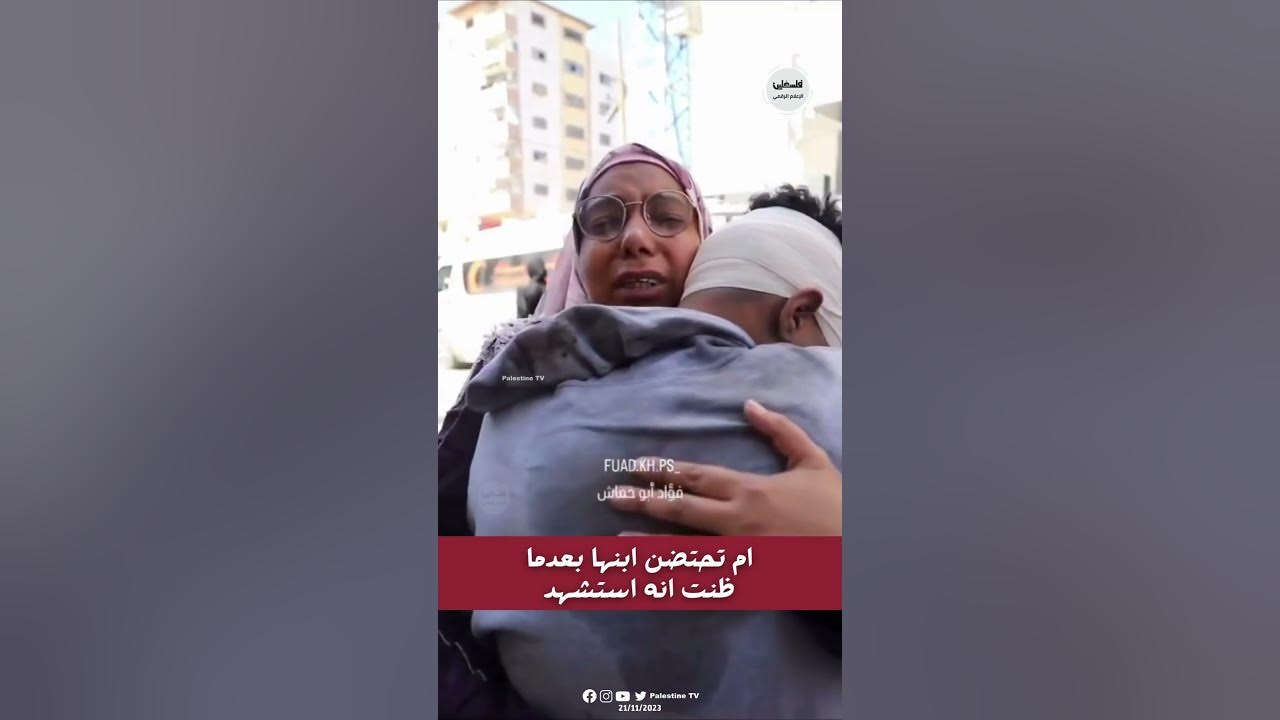 Alabtkar Fy Tb Alhyat Alshyt Almdydt Abwzby Thtdn Mntda Ealmya
Apr 28, 2025
Alabtkar Fy Tb Alhyat Alshyt Almdydt Abwzby Thtdn Mntda Ealmya
Apr 28, 2025 -
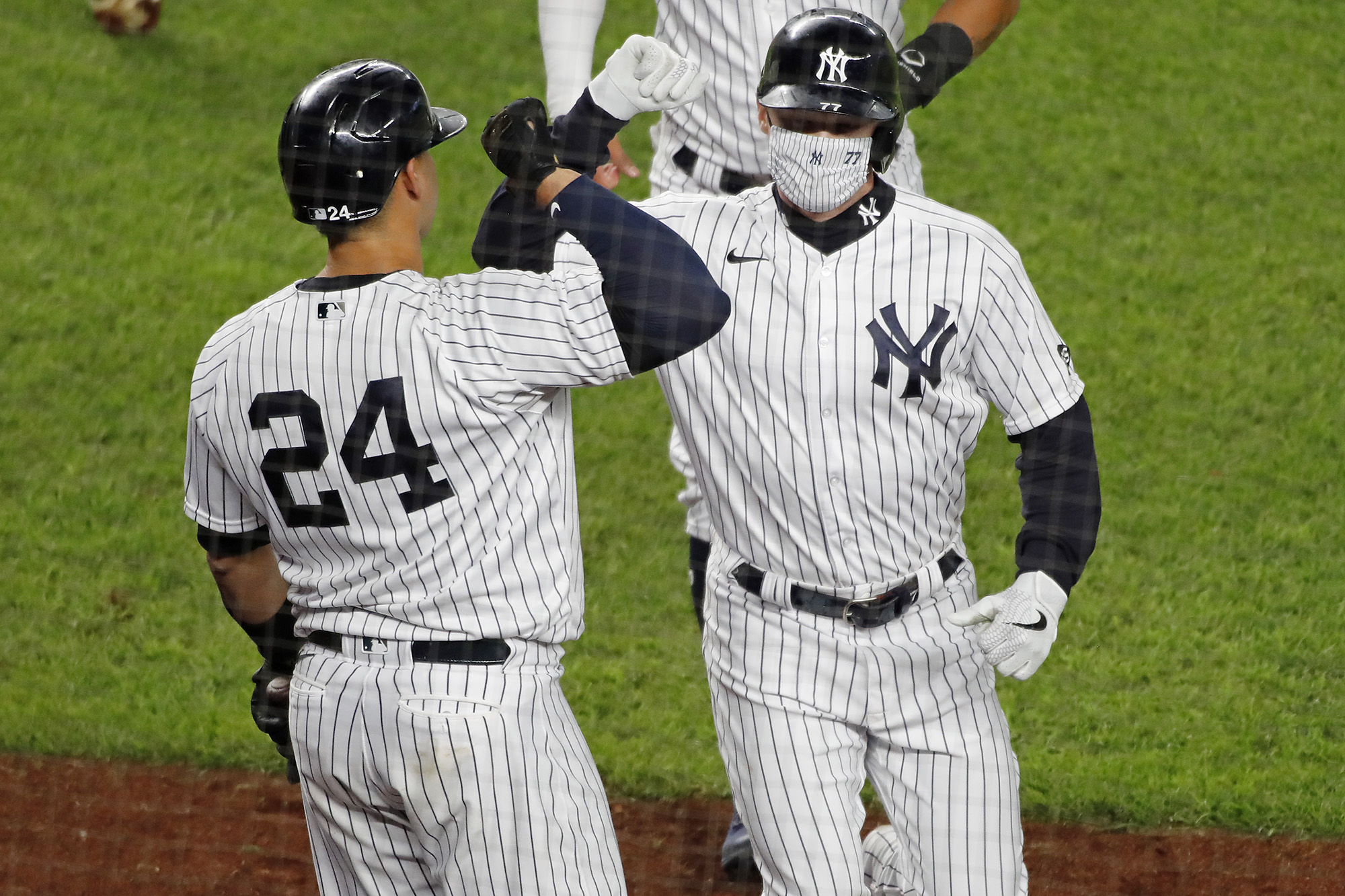 Another Williams Implosion Yankees Fall To Blue Jays
Apr 28, 2025
Another Williams Implosion Yankees Fall To Blue Jays
Apr 28, 2025 -
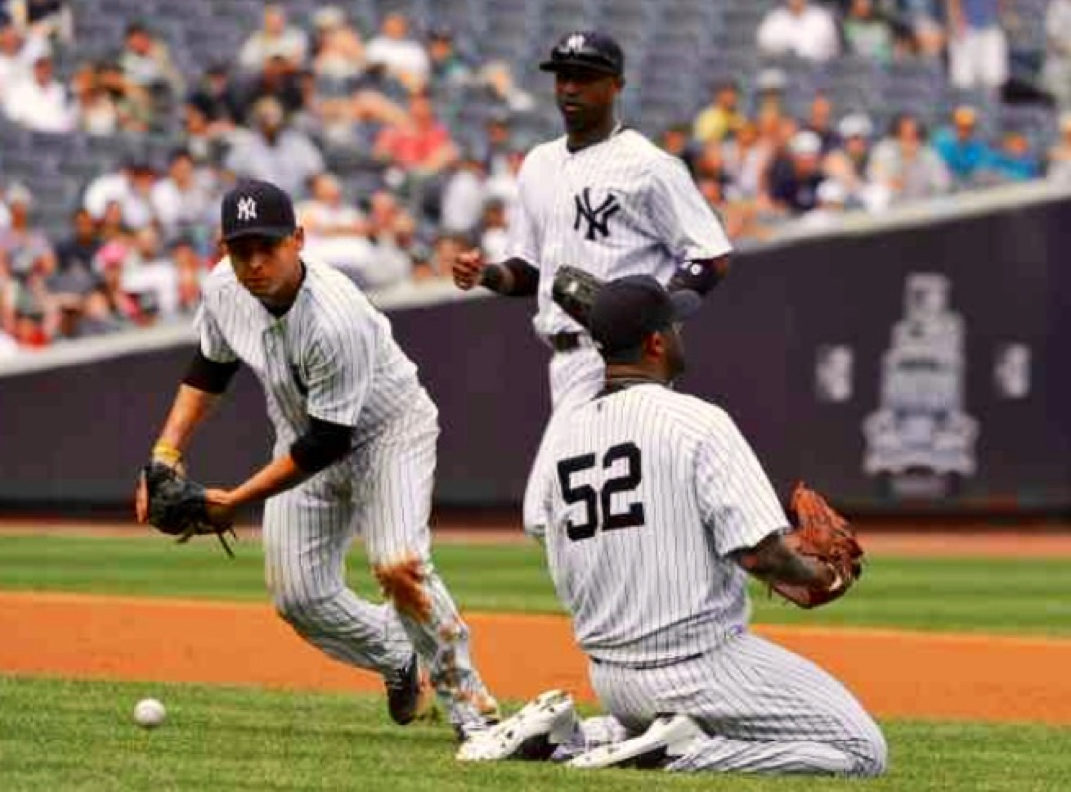 6 3 Twins Victory Mets Lose Series Momentum
Apr 28, 2025
6 3 Twins Victory Mets Lose Series Momentum
Apr 28, 2025
Latest Posts
-
 Russias Military Might On Display Putins Victory Day Parade
May 10, 2025
Russias Military Might On Display Putins Victory Day Parade
May 10, 2025 -
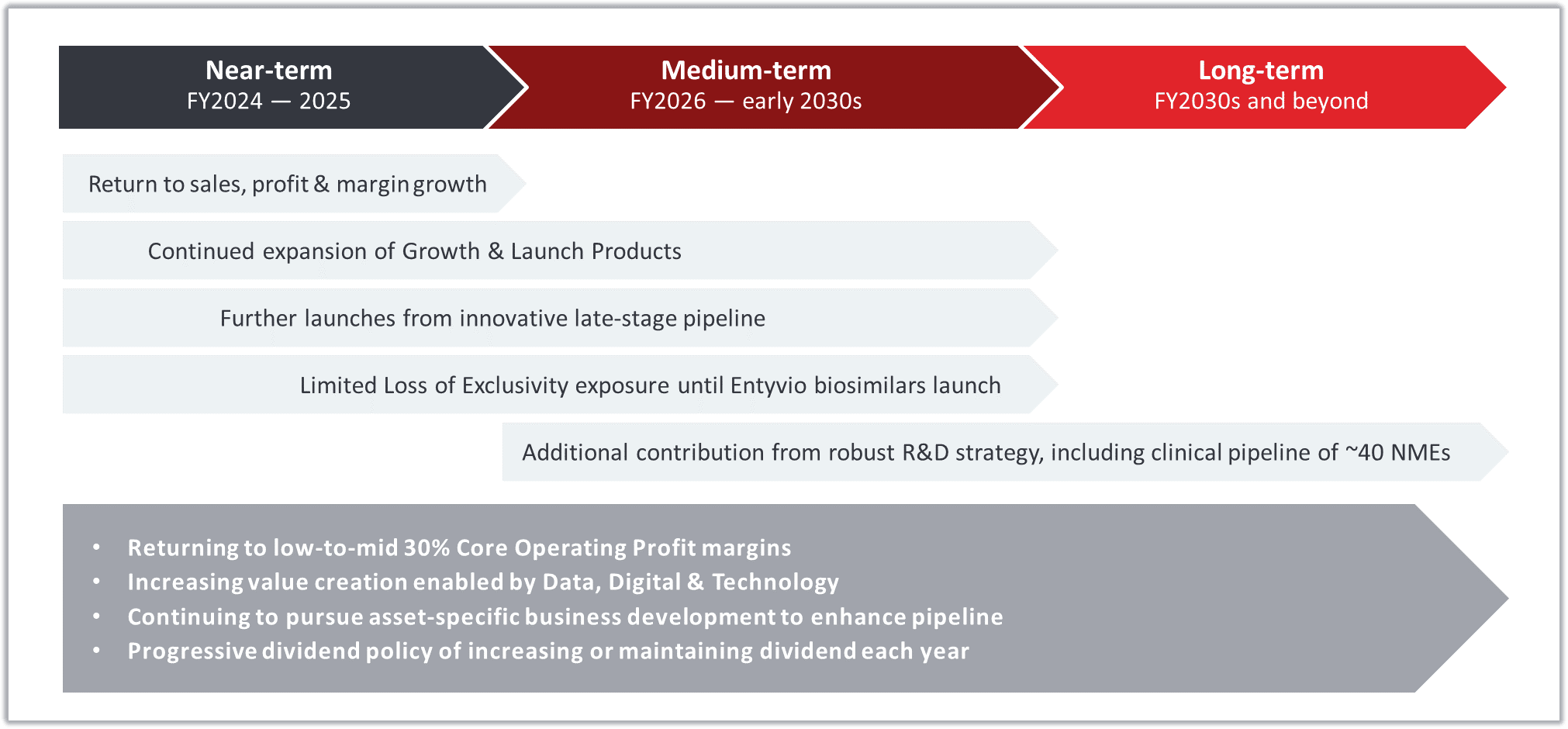 The Simplest Dividend Strategy Is The Most Profitable
May 10, 2025
The Simplest Dividend Strategy Is The Most Profitable
May 10, 2025 -
 Sea Level Rise Urgent Action Needed To Protect Coastal Areas
May 10, 2025
Sea Level Rise Urgent Action Needed To Protect Coastal Areas
May 10, 2025 -
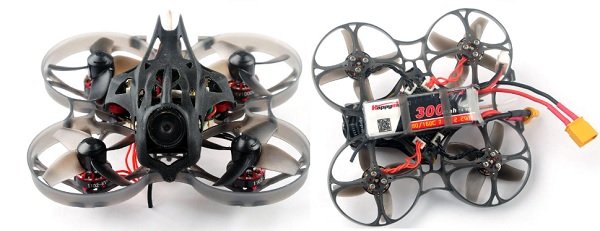 Whoop Under Fire Reneged Free Upgrades Leave Users Furious
May 10, 2025
Whoop Under Fire Reneged Free Upgrades Leave Users Furious
May 10, 2025 -
 Quiet Influence Kushners Role In Trumps Middle East Plans
May 10, 2025
Quiet Influence Kushners Role In Trumps Middle East Plans
May 10, 2025
